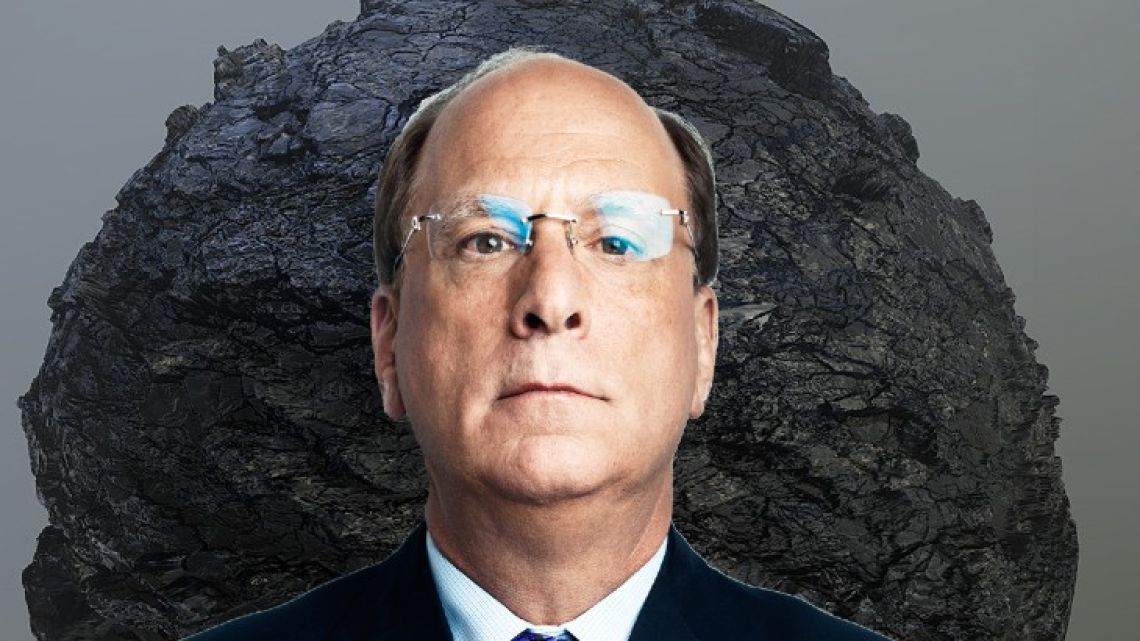Rich One
Registered
- Joined
- Jul 17, 2012
- Messages
- 10,501
- Likes
- 7,094
I wonder how much BlackRock paid for the Argentine debt. Thirty cents on the dollar? Anyone knows?
Please Expand in Comments ?? BlackRock you imply bought in 2005 Depreciated Defaulted Bonds? State when was this for us to be informed? The Original Bonds in Foreign debt 2005 issue was at face value?

